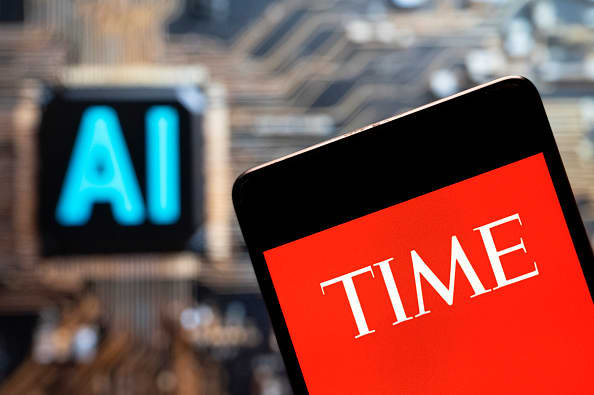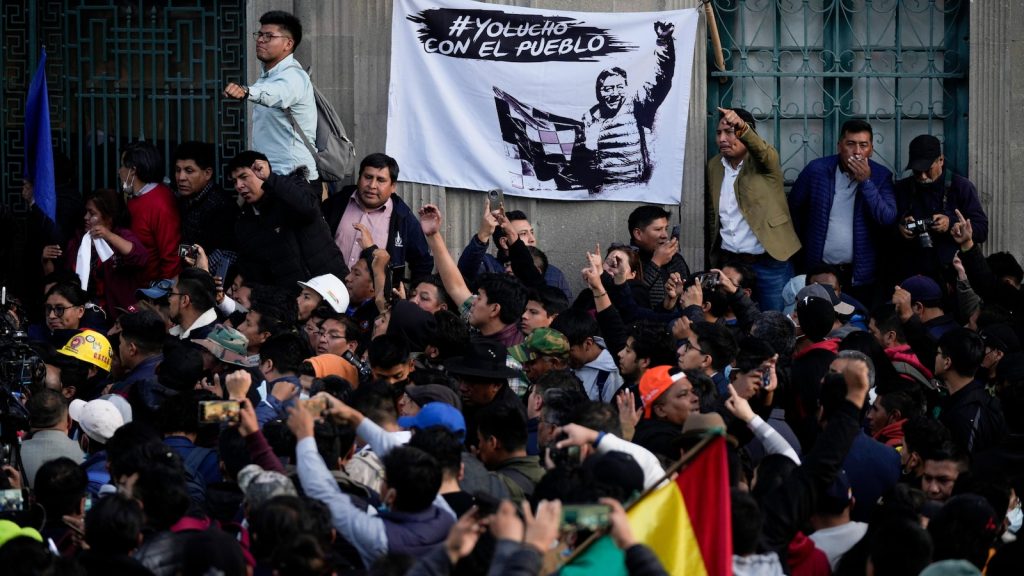
Budrul Chukrut | Lightrocket | Getty Images
OpenAI and Time on Thursday announced a “multi-year content deal” that will allow OpenAI to access current and archived articles from more than 100 years of Time’s history.
As part of the deal, the Microsoft-backed startup will be able to display Time’s content within its ChatGPT chatbot, in response to user questions. The startup will also be able to use Time’s content “to enhance its products,” or, likely, to train its artificial intelligence models.
OpenAI’s use of Time’s content will feature a citation and link back to the original source, and Time will have access to OpenAI’s technology in order to “develop new products for its audiences,” according to a release.
The news follows a similar partnership announced by OpenAI and News Corp. last month, which allows OpenAI to access current and archived articles from News Corp.’s outlets, including The Wall Street Journal, MarketWatch, Barron’s, The New York Post and more. Last month, Reddit also announced it will partner with OpenAI, allowing the company to train its AI models on Reddit content.
The partnerships follow an increasing number of lawsuits against AI companies over alleged copyright infringement.
Late last year, The New York Times filed a lawsuit against Microsoft and OpenAI, alleging intellectual property violations related to its journalistic content appearing in ChatGPT training data. According to a filing in the U.S. District Court for the Southern District of New York, the Times seeks to hold Microsoft and OpenAI accountable for “billions of dollars in statutory and actual damages” related to the “unlawful copying and use of the Times’s uniquely valuable works.” OpenAI has expressed its disagreement with the Times’ characterization of events.
The Times’ lawsuit is one of a handful of recent legal actions against companies behind popular generative AI tools, whether chatbots like ChatGPT or image-generators. Last year, a group of prominent U.S. authors, including Jonathan Franzen, John Grisham, George R.R. Martin and Jodi Picoult, sued OpenAI over alleged copyright infringement in using their work to train ChatGPT. In July, two authors filed a similar lawsuit against OpenAI, alleging that their books were used to train the company’s chatbot without their consent.

